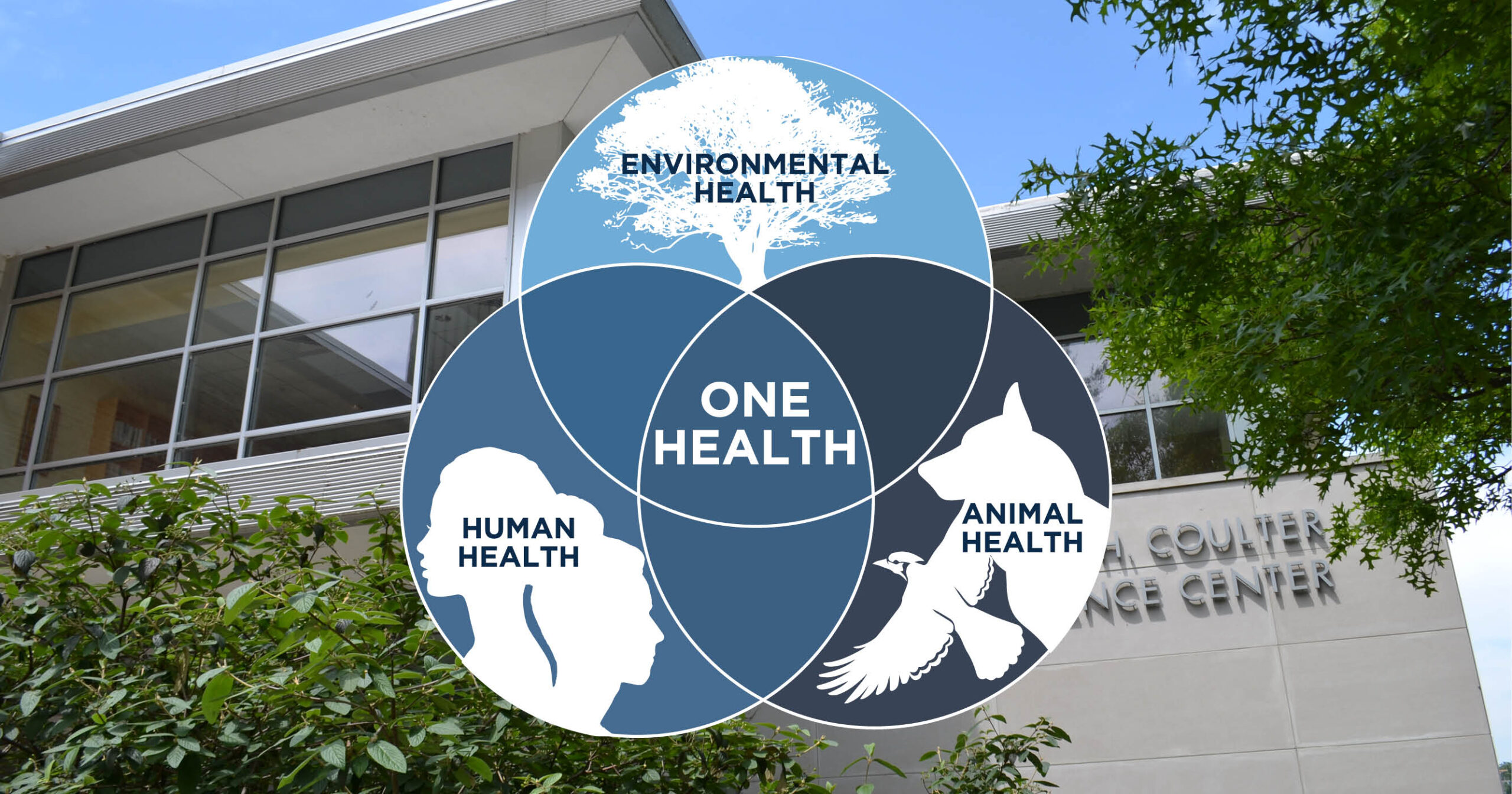In a follow-up to a feature last month on Dr. Dawn Holliday, Westminster Today caught up with the Associate Professor of Biology to shine the light on one of the College’s newest majors: One Health. Holliday oversees the program ― which began in 2018 ― and as a faculty advisor to One Health major Shelby Harrison, who is featured in this issue of the newsletter.
What exactly is the One Health major?
The One Health major is at the intersection of human, animal, and ecosystem health. As the human population grows, people are coming into closer contact with animals. Because of this, the world may see more zoonotic diseases (e.g., Ebola, COVID-19) spreading to human populations. As human populations grow, they put more pressure on the environment and introduce more environmental chemicals and stressors, many with unknown and some with transgenerational effects. This major will set the scientific foundation and then explore some of the vectors that transmit disease, discuss global health issues, examine personal ethics, investigate the impacts of chemistry, and delve into the interface of humans, animals, and the environment. This major prepares students to address these health issues in an ever-changing landscape.
What classes do One Health students typically take?
Students are required to take the Introductory Biology sequence (Bio 114/115; Bio 124/125), the Introductory Chemistry sequence (Chm 114/115; Chm 124/125), Introduction to Environmental Science (Env 105), Statistics (Mat 114), and Introduction to Epidemiology (Hes 261). Students then select courses from the categories of disease transmission, human health, ethical perspectives, animal interactions, and topics in chemistry. Students then complete the major with a capstone course.
Is this major commonly found at other colleges and universities?
One Health is not a common degree, but it should be. Many schools offer courses that include One Health concepts, but few have organized the coursework into a degree program. In Missouri, a One Health degree is offered at Westminster College and Fontbonne University. Given the current pandemic, it has become increasing clear that the world needs broadly trained scientists working at the intersection of these three health sectors to more clearly understand emerging diseases.
What do you think the benefits are of receiving a degree in One Health at Westminster versus elsewhere?
If you live in Missouri and want to stay in Missouri, there are only two choices right now. You can attend Fontbonne and live in Saint Louis or you can live in mid-Missouri and attend Westminster.
What will students do with this major after they graduate?
Students who graduate with this major can find employment with state and federal offices of public health. They can also go on to a graduate degree in One Health (OHM) or Public Health (MPH), or with some additional coursework they can go on to professional school for medicine or veterinary science.
For more information on the One Health degree at Westminster, please contact Dr. Dawn Holliday at Dawn.Holliday@WCMO.edu or 573-592-6125.
Sarah Rummel Backer is the Director of Media Relations and Senior Writer at Westminster College in Fulton, Missouri. A proud Westminster graduate, Sarah has more than 20 years of experience in marketing and strategic communications in the areas of higher education, medicine, agriculture, and the private business sector.



